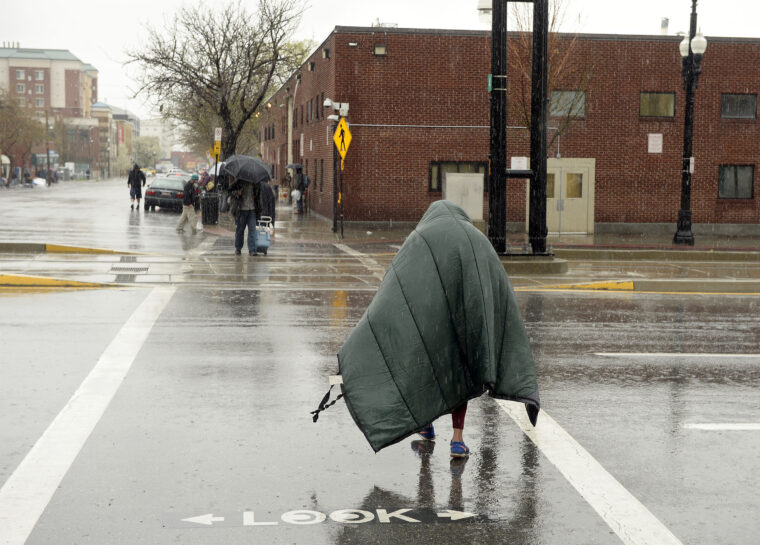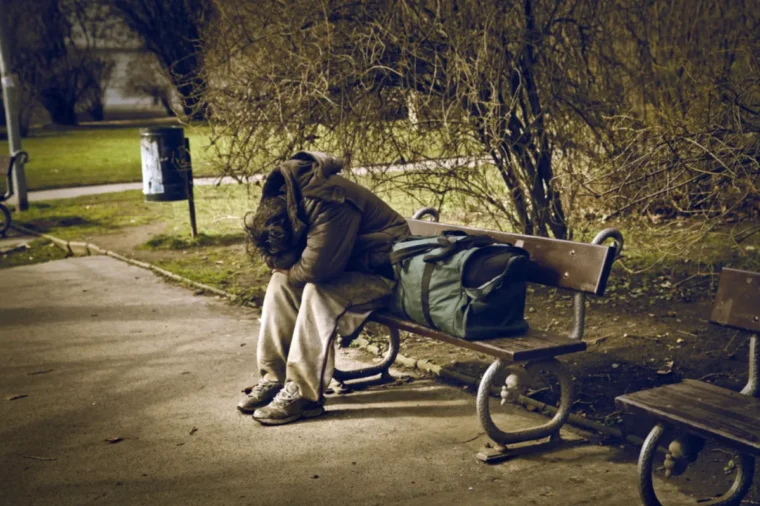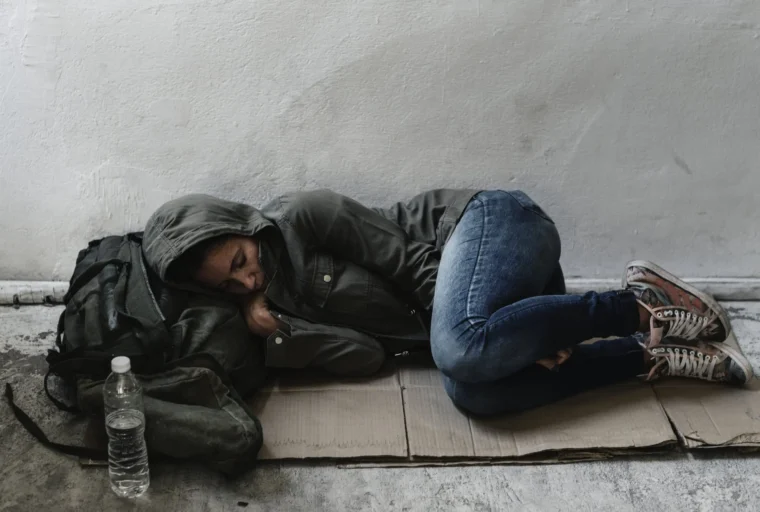Sleeping rough continues to be a huge problem in the UK, and with the cost-of-living rising, alongside rent prices and inflation, then we can only expect more people to start struggling and end up there.
Campaigners are working tirelessly to prevent that, demanding that the government and local councils do more. Recent reports have suggested that “all too often” local councils are at fault when it comes to people becoming homeless, leading to a real battle for survival, living in doorsteps and under bridges.
And should it get to that point, people are facing the very same challenges time and time again, with little support aside from charities and volunteers doing all they can. Among the key things that people find on the street and are challenged with are:
Lack of Shelter

One of the biggest challenges of living on the streets is the lack of a safe and secure place to stay. Homelessness can make it difficult to find a regular source of shelter, and people often end up sleeping in parks, doorways, or under bridges. It can be difficult to stay warm and dry, especially during colder months, which can lead to health problems such as hypothermia and pneumonia.
Difficulty Accessing Basic Needs

Homelessness can also make it challenging to access basic necessities such as food, clean water, and hygiene facilities. Finding food can be particularly difficult, as many public places that offer free food, such as soup kitchens, may only be open during specific times of the day or week. Hygiene facilities such as public toilets and showers may also be limited, making it hard to maintain personal hygiene, which can lead to health issues.
Exposure to Violence and Abuse
Living on the streets can expose people to violence and abuse. Homeless individuals are often seen as vulnerable and easy targets, making them more susceptible to physical, emotional and sexual abuse. It is important to be aware of the risks and take steps to stay safe, such as sleeping in well-lit areas and avoiding isolated spots.
Mental Health Challenges

Homelessness can take a significant toll on an individual’s mental health, leading to depression, anxiety, and other mental health challenges. The stress of living on the streets, combined with the lack of social support, can make it difficult to cope with day-to-day, and it’s why many do turn to the likes of drugs.
Spice addiction continues to be a huge problem among the homeless and more deprived areas of our communities and often there’s a lack of support there to help treat people, which can lead to even larger battles with mental health.
It’s this in particular that many on the streets need help with, as ultimately, it can become even more difficult to get off the streets when under the influence of substances and not thinking clearly, creating a downward spiral that can often lead to an untimely ending.
More needs to be done to tackle homelessness across the country. The daily challenges posed to those that find themselves there should not have to be suffered through and it’s up to the government and local councils to spend more time addressing the situation, particularly at a time where it’s likely we’ll see many more end up on the streets as the cost-of-living continues to increase.
